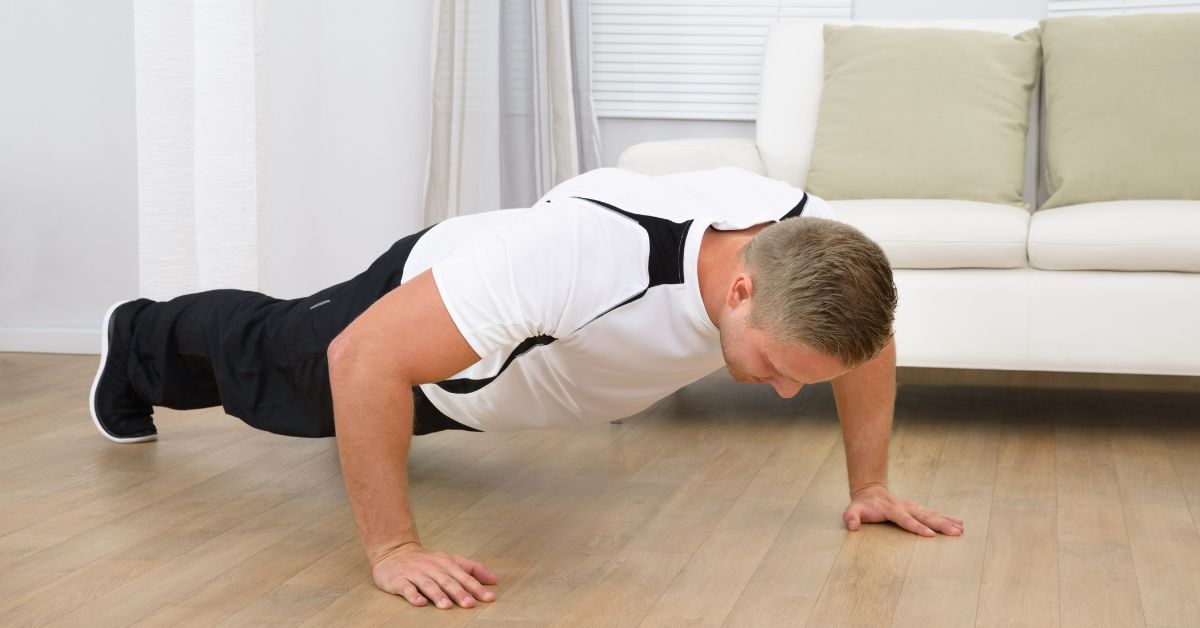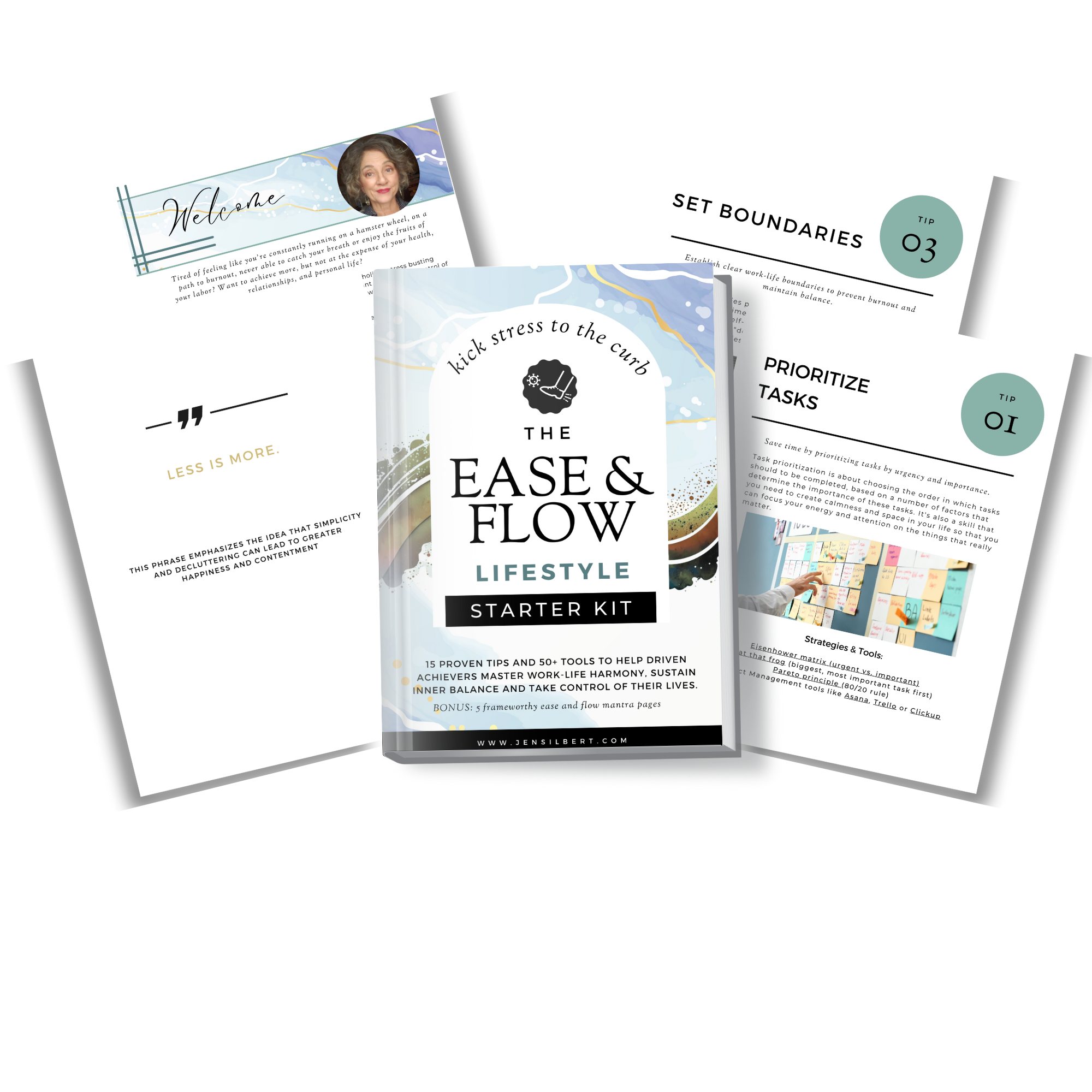You've probably heard the phrase "Go big or go home," right? You've likely been encouraged to take massive action, to leap before you look, to dive in headfirst.
But what if I told you that going small could actually get you farther? More like "slow and steady wins the race"?
Intrigued?
Here’s a snapshot of what we will explore together in today’s blog:
- The Trap of "Going Big": We'll dig into the pitfalls of the 'all or nothing' approach to changing habits and why it often leads to burnout.
- Celebrating Small Wins: We'll share inspiring real-life examples of how small, consistent changes can lead to big results over time.
- Habits 101: We'll take a quick detour into the psychology behind habits and how understanding this can supercharge your journey towards transformation.
- The Achiever's Guide to Micro Habits: We'll walk you through actionable steps to implement micro habits in your own life, no matter what habit you're trying to build or break.
- The Magic of 1%: We'll unpack the powerful principle of making tiny, 1% improvements every day.
Let's jump in!
The "Go Big" Approach and Why It Often Fails
We all know someone (maybe it's you?) who gets a burst of motivation and decides to revamp their entire life overnight. They buy a year-long gym membership, clear out the pantry of all junk food, vow to meditate for an hour each day - the works. They're going big, and it's admirable.
But then, two weeks in, they're burned out. The gym feels like a chore, the cravings kick in, and that hour of meditation feels like an eternity. They've tried to climb Everest before conquering the local hill.
It's not a lack of willpower or determination that led to their downfall. Instead, it's the flawed 'all or nothing' mentality. The truth is, Rome wasn't built in a day, and neither is a balanced, goal-driven life.

The Power of Small Changes: Real Life Examples
Now, let's pivot and consider the power of micro habits - tiny, manageable changes that are easy to implement and stick with.
Meet Sarah. She wanted to become a morning person. Instead of setting her alarm two hours earlier right away (and hitting the snooze button 20 times), she started small. She set her alarm just 2 minutes earlier every day. After a month, she was waking up half an hour earlier with no drama and no battle with the snooze button.
Or take Mark who wanted to get in shape but hated the gym scene. He started by doing one push-up a day. Just one. It took seconds, it wasn't intimidating, and he could do it anywhere. Gradually, he added more, and within a few months, he was doing a full set of push-ups daily.
Small changes, big results.

Understanding Habits
To understand why micro habits are so effective, we need to grasp what a habit is. A habit is a behavior that's been repeated so often it becomes automatic. Think brushing your teeth or putting on your seatbelt. You don't ponder over it, you just do it.
And forming a new habit? Well, it's like carving a path through a dense forest. The more you tread the path, the clearer and more defined it becomes. Attempting to bulldoze a highway overnight is overwhelming and unsustainable. But a little bit of progress each day? That's doable.
The Magic of Micro Habits: A Game Changer for Achievers
As achievers, we have a long list of habits we want to build or break. Maybe it's minimizing procrastination, improving focus, eating healthier, exercising regularly, or being more mindful.
By using micro habits, we can break these larger ambitions down into bite-sized actions.
- Want to improve your focus? Start with 2 minutes of focused work followed by a break.
- Trying to eat healthier? Begin by adding a handful of veggies to one meal a day.
- Love to get more fit? Start with short walks and build up once the habit is established.
The key here is to start so small it feels ludicrously doable. And then, and this is crucial, be consistent. It's not about the intensity of the action but the regularity of it.
The 1% Principle
This brings us to the 1% principle. The idea, championed by James Clear, author of "Atomic Habits," is that small improvements, when accumulated over time, lead to significant changes. By getting just 1% better each day, you'll end up 37 times better by the end of the year. That's the power of compounding.
As Clear says, "Habits are the compound interest of self-improvement." So don't underestimate the power of that 1%.

Examples of Micro Habits in Everyday Life
Remember, small habits help you kickstart action to move forward AND give you sustainable results. If you are looking for more calm, a healthier and more balanced life, here are some micro habits you can try to get you on track:
- Mindful Breathing: Make a habit of taking a few deep breaths before starting a new task or when transitioning between tasks. This can help reduce stress and improve focus.
- Positive Affirmation: Start your day with a positive affirmation. It could be something simple like, "Today is going to be a great day," or "I am capable and strong." This sets a positive tone for the rest of the day.
- Gratitude Moments: Take a minute each day to jot down or mentally note something you're grateful for. This promotes a positive mindset and helps to keep things in perspective.
- Active Breaks: Instead of scrolling on your phone during a break, do some light stretching or take a quick walk. This not only helps with physical health but also gives your mind a break.
- Hydration Reminder: Get in the habit of drinking a glass of water every hour or so. This keeps you hydrated and can also serve as a reminder to stand up and move around if you've been sitting for a while.
- Bedtime Routine: Start preparing for bed at the same time every night. This could include activities like reading a few pages of a book, meditating, or writing in a journal. It signals to your body that it's time to wind down and can improve sleep quality.
Remember, the idea is to start small and gradually build these habits over time. As these habits become more ingrained, they'll start to feel like a natural part of your daily routine.
How to Implement Micro Habits Into Your Life
As author James Clear says, "Habits are the compound interest of self-improvement." So don't underestimate the power of that 1%. Here are some examples of how you can implement micro habits into your life.
- Start small. Begin with a habit that takes just a few minutes (or even seconds) to do.
- Be consistent. Consistency is key. Aim to do your micro habit every day.
- Increase slowly. As your habit becomes ingrained, slowly add more to it.
- Attach the new habit to an existing habit. Link your new micro habit to a habit you already do daily.
Remember, it's not about making massive changes overnight. It's about gradual, consistent improvements. Start small, stay consistent, and watch as your life transforms.
Give it a try. You might just find that in the race towards achieving your goals and living a balanced life, slow and steady indeed wins the race. 🏆
ADDITIONAL RESOURCES:
Want to learn more about the power of small habits? Check out these resources and start making micro changes that can propel you toward your life goals TODAY!
- James Clear's Atomic Habits: This is an excellent book about the power of small habits, written by one of the leading voices on habit formation.
- BJ Fogg's Tiny Habits: Another fantastic resource on small habits, BJ Fogg's method centers on the idea that it's easier to make habits stick when you start small.
- The Power of Habit by Charles Duhigg: This bestseller delves into the science behind habits and offers insights on how to form and change habits.
- Headspace’s Guide to Meditation: This website provides resources to develop a consistent meditation practice, which can be an excellent habit to foster mental wellness.
- TED Talks on Habits: This playlist is a collection of TED talks focused on understanding and developing good habits.
- Harvard Business Review: The Power of Small Wins: This article explains the importance of celebrating small victories for overall motivation and morale.
Want to master habits and make room for more harmony in life?
Get the FREE 23-page Ease and Flow Lifestyle Starter Kit, a holistic stress-busting guide with 15 proven tips and 50+ linked tools to help driven achievers master work-life harmony, sustain inner balance and take control of their lives. Get it here.

